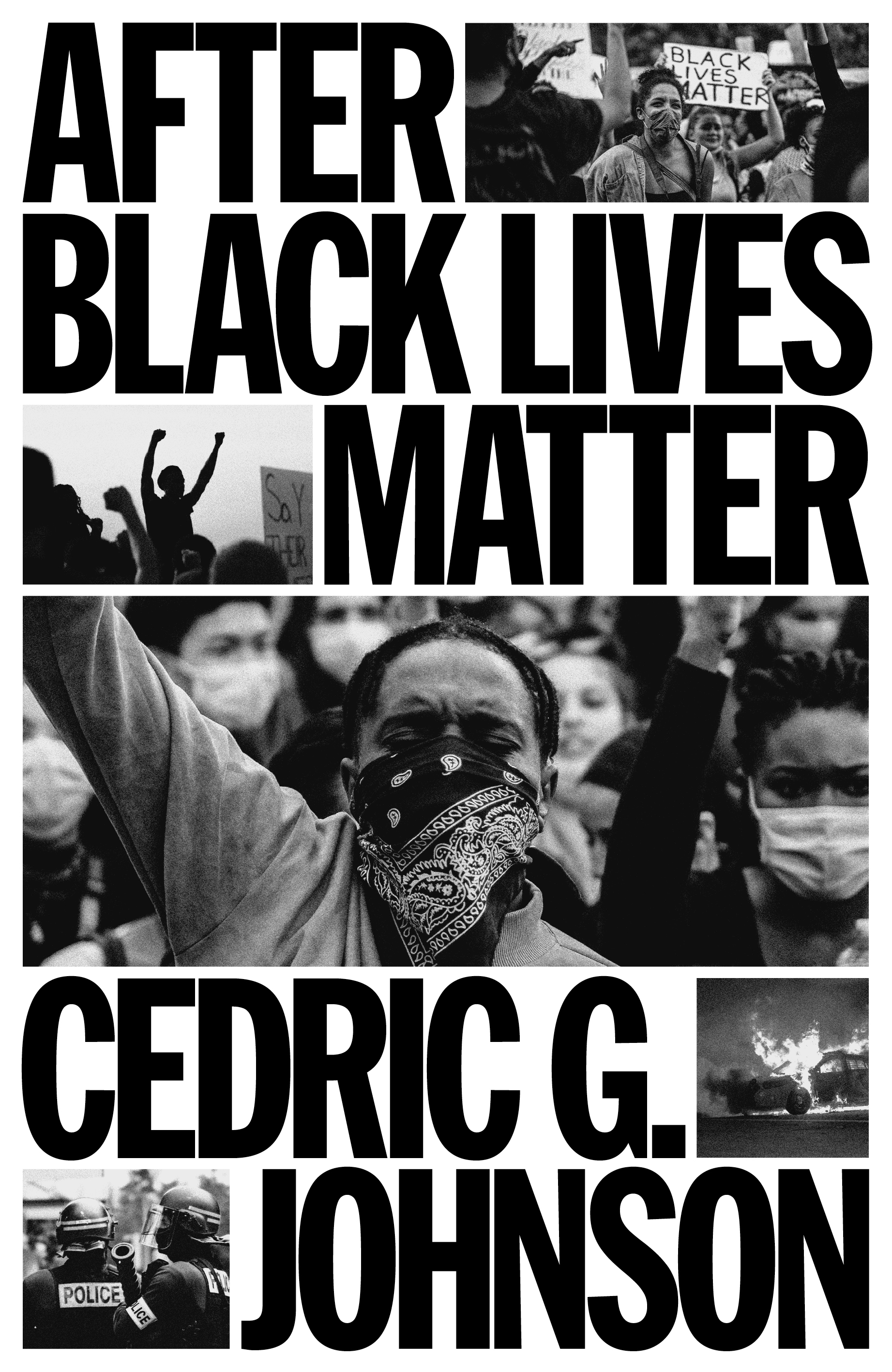Abolition is the only solution

Abolition is not a distant dream or an unreachable horizon but an attainable reality. These books will show you how.
Contemporary policing reflects the turn from welfare to domestic warfare as the chief means of regulating the excluded and oppressed.
First collection of writings from one of the foremost contemporary critical thinkers on racism, geography and incarceration.
The problem is not overpolicing, it is policing itself.
Drawing on groundbreaking research from across the world, and covering virtually every area in the increasingly broad range of police work, Alex Vitale demonstrates how law enforcement has come to exacerbate the very problems it is supposed to solve.
If police are the problem, what’s the solution?
A World Without Police offers concrete strategies for confronting and breaking police power, as a first step toward building community alternatives that make the police obsolete. In communities around the world, we are beginning to glimpse a real, lasting justice in which we keep us safe.
* PLEASE NOTE: THIS BOOK IS NOT PUBLISHED BY VERSO IN NORTH AMERICA
"Most Black people I know trust the police; they trust them to be exactly what they have always been: violent."
Derecka Purnell confronts the history of policing as a means to capture runaway slaves and uphold white supremacy, a practice persisting today in the policing and murder of Black people, poor people, and disabled people on modern city streets. She argues that the worst of policing is the purpose of policing and that we need new systems to address the root causes of violence.
Becoming Abolitionists will inspire readers to create new communities where safety, equality, and real justice for all can thrive.
Police: A Field Guide is a survival manual for encounters with cops and police logic, whether it arrives in the shape of officer friendly, Tasers, curfews, non-compliance, or reformist discourses about so-called bad apples. In a series of short chapters, each focusing on a single term, such as the beat, order, badge, throw-down weapon, and much more, authors David Correia and Tyler Wall present a guide that reinvents and demystifies the language of policing in order to better prepare activists—and anyone with an open mind—on one of the key issues of our time: police brutality. In doing so, they begin to chart a future free of this violence—and of police.
Combining firsthand accounts from activists with the research of scholars and reflections from artists, Policing the Planet traces the global spread of the broken-windows policing strategy, first established in New York City under Police Commissioner William Bratton.
With contributions from #BlackLivesMatter cofounder Patrisse Cullors, Ferguson activist and Law Professor Justin Hansford, Director of New York–based Communities United for Police Reform Joo-Hyun Kang, poet Martín Espada, and journalist Anjali Kamat, as well as articles from leading scholars Ruth Wilson Gilmore, Robin D. G. Kelley, Naomi Murakawa, Vijay Prashad, and more.
One of America’s most historic political trials is undoubtedly that of Angela Davis. Opening with a letter from James Baldwin to Davis, and including contributions from numerous radicals such as Black Panthers George Jackson, Huey P. Newton, Bobby Seale and Erica Huggins, this book is not only an account of Davis’s incarceration and the struggles surrounding it, but also perhaps the most comprehensive and thorough analysis of the prison system of the United State.
An engrossing century-spanning global narrative, Tear Gas is the first history of this poorly understood weapon. Anna Feigenbaum travels from military labs and chemical weapons expos to union assemblies and protest camps, drawing on declassified reports and eyewitness testimonies to show how policing with poison came to be.
Neocleous argues for an expanded concept of police, able to account for the range of institutions through which policing takes place. These institutions are concerned not just with the maintenance and reproduction of order, but with its very fabrication, especially the fabrication of a social order founded on wage labour. By situating the police power in relation to both capital and the state and at the heart of the politics of security, the book opens up into an understanding of the ways in which the state administers civil society and fabricates order through law and the ideology of crime.
In the wake of the mass protests following the police murder of George Floyd nearly every major consumer brand had proclaimed their commitments to antiracism, often with new ad campaigns to match their tweets. Very little in the way of police reform has been achieved. Still less was achieved around policies that might help the millions of black Americans living at or below the poverty line. Why has anti-racism been such a powerful source of mobilization but such a poor means of building political opposition capable of winning big reforms?
Charged is an essential investigation into the role of policing protest in Britain today. As the UK government tries to suppress all forms of dissent, in their pursuit of more control, how do the police manage crowds, provoke violence and even break the law?
Fuentes’s moving stories will astonish and anger readers, as she makes the case that the public schools of the twenty-first century reflect a society with an unhealthy fixation on crime, security and violence.
Why is criminal justice so central to American politics? Lockdown America notonly documents the horrors and absurdities of militarized policing,prisons, a fortified border, and the federalization of the war oncrime, it also explains the political and economic history behind themassive crackdown.
Further reading
Tis the Season to Abolish the Family
Understanding the Cost of Living Crisis
Christianity and Anticapitalism
I Do Not Dream of Labour: books that imagine a different working world
We all live in a country called Capitalism
Imagining Radical Futures: utopian thinking for a different world
Abolition is the only solution: a reading list for breaking police power
10 Books Every Student Should Read
COP26: a radical climate reading list
Decolonize your bookshelf! Verso Student Reading








